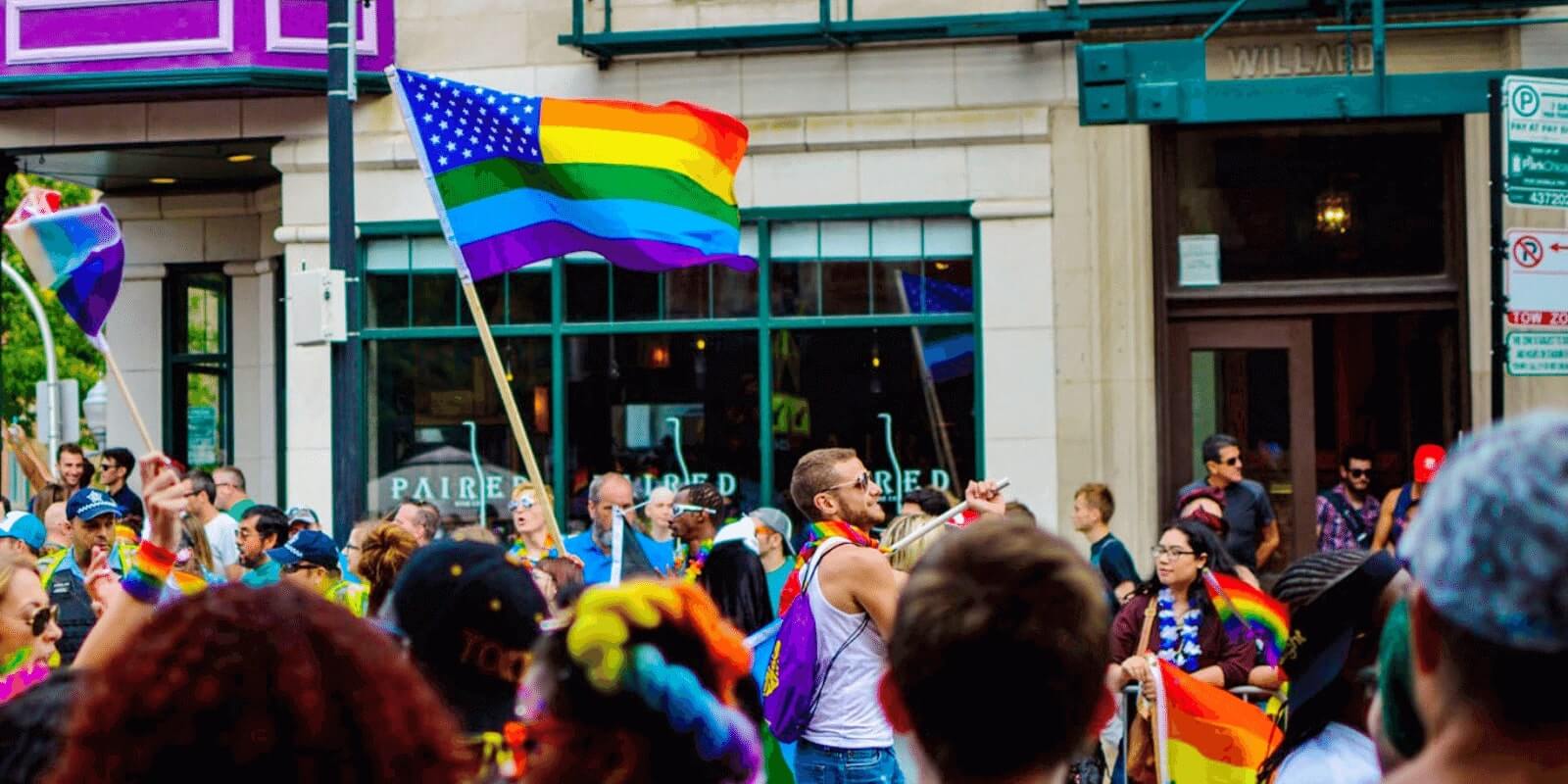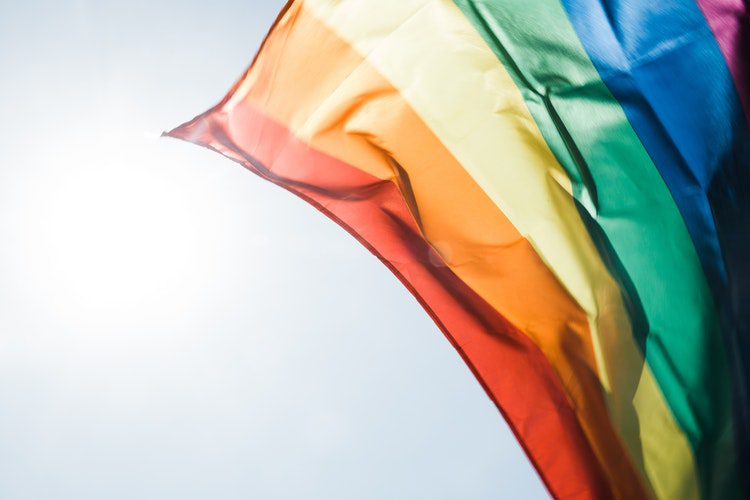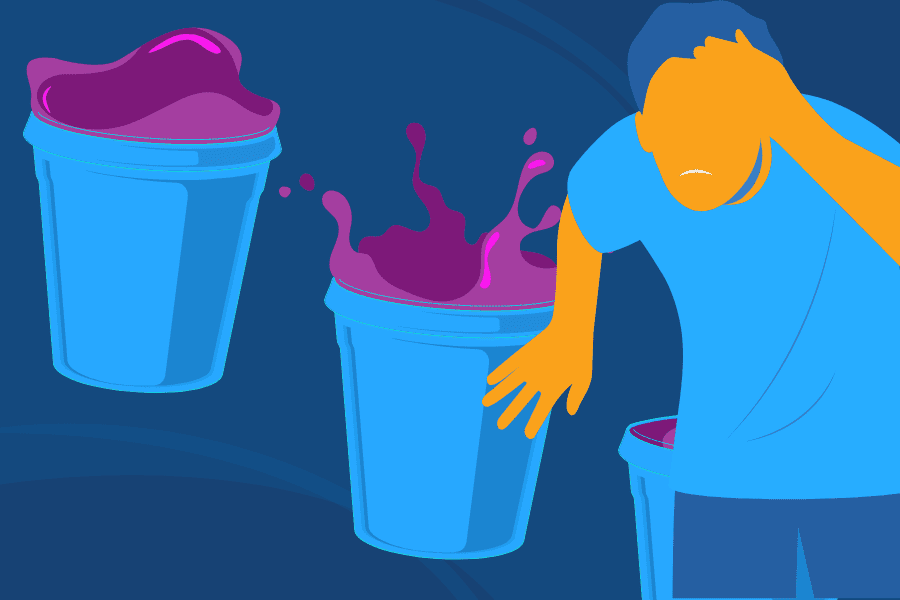A Brief History of The LGBTQIA Community
In the early hours of the morning on June 28th, 1969, a series of violent and deadly riots took place at the Stonewall Inn in Manhattan, New York.
These riots were an attack on the lesbian, gay, bisexual, transgender, queer/questioning, intersex, and asexual/aromantic community and the extremely limited rights that they had at the time.
The Stonewall Riots are categorized as one of the worst hate crimes in the United States to date, and marked the beginning of the LGBTQIA+ community’s liberation and major push for civil and equal rights.
Even though the LGBTQIA+ community was not acknowledged, or even known about by many, before the Stonewall Riots, the vast majority of historians agree that same sex relationships have appeared and been documented within every known culture.
LGBTQIA+ individuals appear within every part of society, but there are still many groups and individuals who do not acknowledge or support the community as a whole.
The LGBTQIA+ Community & Substance Use Disorders
It’s estimated that around 30% of the community will struggle with some form of addiction in their life, compared to only 9% of the heterosexual population.
The LGBTQIA+ community faces a huge amount of social, emotional, and familial stress over the course of their lives. In particular, LGBTQIA+ teens and adolescents are at an extremely high risk of falling victim to substance use and serious mental health disorders.
Why The LGBTQIA+ Community Face Such High Addiction & Mental Health Disorder Rates
Stress
Individuals who are a part of the LGBTQIA+ Community are subject to chronically high levels of stress due to many unique factors.
While the United States has made great strides in terms of improving the rights of members of the LGBTQIA+ Community, there are still many social, environmental, and emotional threats that the community faces almost constantly.
The ability to fire or deny employment someone because of their sexual orientation remains legal in 26 states, and 90% of transgender individuals have faced discrimination at their job due to living their truth.
Discrimination, stigma, and social prejudice can (understandably) all be triggers for destructive behaviors or poor mental health.
Potential Discrimination
There are currently several laws in place regarding employment, housing, healthcare, and relationships that actively discriminate against the LGBTQIA+ Community.
Laws such as these often make it difficult for members of the community to obtain proper insurance or healthcare. Even when LGBTQIA+ individuals do have insurance, there is a large amount of stigma within the healthcare system when it comes to treating people who do not identify as heterosexual.
While it is illegal and unethical, there are still many healthcare professionals who refuse to see or treat LGBTQIA+ individuals.
The fear of being refused care or being treated poorly is a huge deterrent for individuals seeking physical and mental health treatment; and not being able to access safe and informed services puts a limit on the amount of LGBTQIA+ individuals who actually receive life-saving medical and mental health treatment.
Limited Treatment Options
There are thousands of treatment facilities and service centers across the United States, and over 800 of them specify that they offer specialized treatment services for the LGBTQIA+ Community, but a vast majority of these programs are unable to give examples of how their services differ from standard treatment services for the general population.
A lack of insurance is also a factor here, as mental health and addiction recovery services can be extremely expensive when paying out of pocket, and LGBTQIA+ individuals are twice as likely to not have health insurance as the heterosexual and cisgender population.
Additionally, treatment programs and facilities are mostly located in major cities and are not within reasonable driving distance for many people.
Social Pressures
Many marketing and advertising campaigns for alcohol and other addictive substances target the LGBTQIA+ Community because substance use is frequently at the center of their socialization.
Members of the community seek spaces that are safe for them to be their authentic self and to meet like-minded individuals. Spaces like this are commonly bars, clubs, and house parties where alcohol, cocaine, methamphetamines, and “poppers” are frequently present.

Helping LGBTQIA+ People Who Struggle With Addiction & Mental Health Disorders
The LGBTQIA+ Community is susceptible to more than just addiction. Co-occurring disorders are something that many people who struggle with addiction experience, but those who a part of the LGBTQIA+ Community face some unique challenges.
For example, gay and bisexual men are three times as likely as straight men to struggle with an eating disorder, and around 42% of LGBTQIA+ individuals ages 18-25 are diagnosed with a mental illness (as compared to 19.8% of the heterosexual population).
Seeking treatment for substance abuse and mental health disorders is no easy feat for anyone, but for some individuals in the LGBTQIA+ Community, it can be even more difficult.
Seeking treatment means facing possible discrimination, fears of staff not being accepting, social stigma, and other very real struggles.
At the end of the day, individuals in the LGBTQIA+ Community are just people. They require love, compassion, and understanding just like people who identify as heterosexual do.
However, there are some things that treatment services can do in order to provide the best and most supportive treatment experience possible:
Trauma-Informed Care
Individuals in the LGBTQIA+ Community are statistically more at risk for being the victim of trauma or violence throughout their lives. According to the Office for Victims of Crime, transgender women of color are at a particularly high risk for being the victim of a violent crime.
Because members of the community have more of a risk of being victimized (and trauma and substance abuse often go hand in hand) it’s important that the clinicians and staff members working with the individual are trauma-informed.
Being trauma-informed means being sensitive and understanding of the vulnerabilities that an individual may be experiencing as a result of trauma or victimization.
Individuals who have been the victim of an assault or trauma often experience symptoms of post-traumatic stress disorder. Staff members that come into contact with them should be aware of how to handle and appropriately react to the symptoms that occur after trauma.
Affirmative Therapies
Affirmative therapy refers to a therapeutic process of validating and advocating for the needs of clients who identify themselves as part of a sexual or gender minority.
Clinicians who use affirmative therapies are trained to validate the client’s sexuality and help them explore their sexual orientation and gender identity in a safe and controlled setting.
Safe Spaces for Self-Expression
Many spaces that are labeled as safe spaces for the LGBTQIA+ Community often revolve around substance use. For example, bars and clubs where alcohol and drugs like PCP, Xanax, and Hallucinogens are common is a common space for members of the community to socialize.
Because of this, LGBTQIA+ individuals may have a difficult time finding sober communities and spaces during or after treatment.
Helping clients find accepting and even LGBTQIA+ specific sober spaces (such as 12 step meetings, community groups, etc.) is an important part of equipping the client with resources for remaining sober after treatment.
Supportive, Positive, and Informed Staff
When it comes to the LGBTQIA+ Community, language, labels, and education is constantly evolving.
Individuals who are working in the behavioral and mental health or substance abuse recovery fields should be educating themselves about how best to serve everyone they come in contact with, but especially non-heterosexual or non-gender conforming individuals.
Simple things like not assuming a client is heterosexual and informing oneself about the proper use of pronouns is extremely important when it comes to making sure LGBTQIA+ clients feel acknowledged, accepted, and heard.
How Sandstone Care Can Provide For the LGBTQIA+ Community
Sandstone Care provides a full continuum of substance use and mental health care for teens age 13-17 and young adults ages 18-30.
Our staff is highly trained and takes pride in being trauma-informed and sensitive to the unique needs of the LGBTQIA+ population as well as a variety of other populations. We believe that you are worthy of love, care, and happiness, and want to help you achieve a full, happy, and healthy life!
If you or someone you know is in need of substance abuse or mental health treatment, consider reaching out to one of our friendly admissions coordinators to talk to someone about your current situation.






